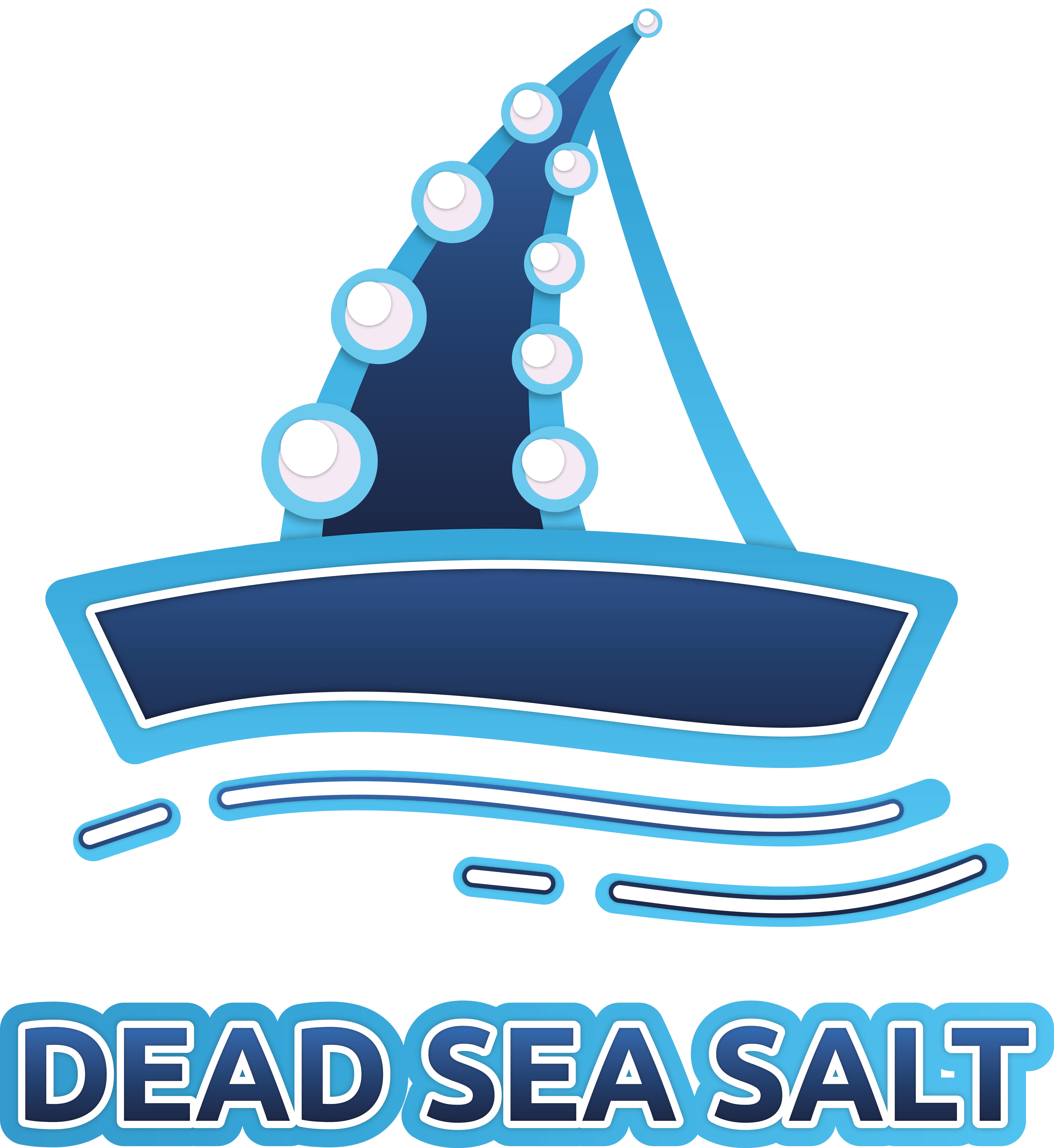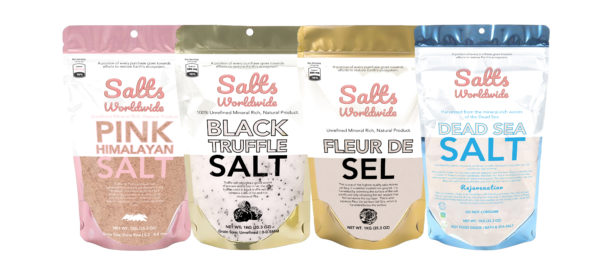
Flavors and Table Salt
Salt is the common denominator in many foods. Many people will never even realize the difference until they taste a bite of something. Not only are the salt used to season food it is also used in a number of industrial processes, for example in the printing industry, and as we well know, in some cases to remove water from antifreeze and other liquids. However, we may be more familiar with salt’s effects on the body, for example in the treatment of various diseases, as we age and have health issues.
Because chemically, there is no real difference between sea salt or table salt. The same is true when it comes to the effects of salt on our bodies. As table salt consists of sodium chloride sourced mainly from sea salt mined off the sea floors, sea salt is often much less expensive than kosher salt. Since it’s typically much denser, it is not as porous, which means that its texture is far different from that of sea salt.
There are two main types of salt. When buying food, consider whether you’re buying coarse or fine sea salt. Coarse salt has a coarse texture and tends to go well with strong flavors, while fine sea salt has a more subtle flavor and can help with pickings, and other salty snacks. kosher salt is a mid-range salt and is used mainly for cooking and pickling, although it can also be used for flavoring or in soups and stews. Each salt has a slightly different texture and is suitable for certain dishes.
In pickling, for instance, kosher salt dissolves more easily and helps retain the color and flavor of the meat. For this reason, it’s often used as a partial substitute for traditional seasonings like pepper, thyme and garlic salt. However, kosher salt tends to change the flavor of the cooked meat, so using it in place of these traditional seasonings can sometimes work to the detriment of your dish. It can also change the pH of pasta water, making the resulting dish too acidic.
Salt also has its place as a food seasoning. Although salt tends to taste bland by comparison with spices, it does play an important role in enhancing the flavor of foods. Its main effect on food is its effect on reducing moisture in the food. Salts decrease the concentration of volatile oils (including ethanol, gasoline and biodiesel) in the food, making it harder for food to stick to the surface. This allows for more thorough cooking which results in more delicious, tender, moist foods. To increase salting, mix kosher salt and water to create your own salt paste, which you can then use to season meats, fish, vegetables, breads and a wide variety of salt-rich foods.
Salt is also an important ingredient in the world of seasoning meat. Unlike many common seasonings, salt actually works best when mixed with other ingredients during the grilling process. For example, most people will opt for coarse salt when preparing barbecued ribs. The flavor of this salt is very intense, but it works great with any meat including skirt steak, shoulder roast and even fillet mignon. On the other hand, if you are considering a salt-free seasoning, you might want to consider using a liquid seasoning such as powdered salt. This type of salt is lighter in flavor and less irritating to the palate.
In addition to table salt and coarse salt, another option you have in terms of adding flavor to your meal is table salt. Even though it sounds strange, table salt has long been used as a method of adding flavor to food. The problem with table salt, however, is that it often contains chemicals and salts that are bad for your health. Many of these additives, such as potassium nitrate, form nitrites that cause cancer. For this reason, the only surefire way to add flavor to meats is through kosher salt.
Kosher salt, unlike coarse salt or table salt, contains no additives and is very pure. It is made by curing kosher salt in special brine containers to retain the salt’s structure and properties. After being cured, kosher salt is even more effective as a flavoring agent. The natural color and flavor of kosher salt are maintained, and the salt is safe for use on any type of meat.


Recent Comments